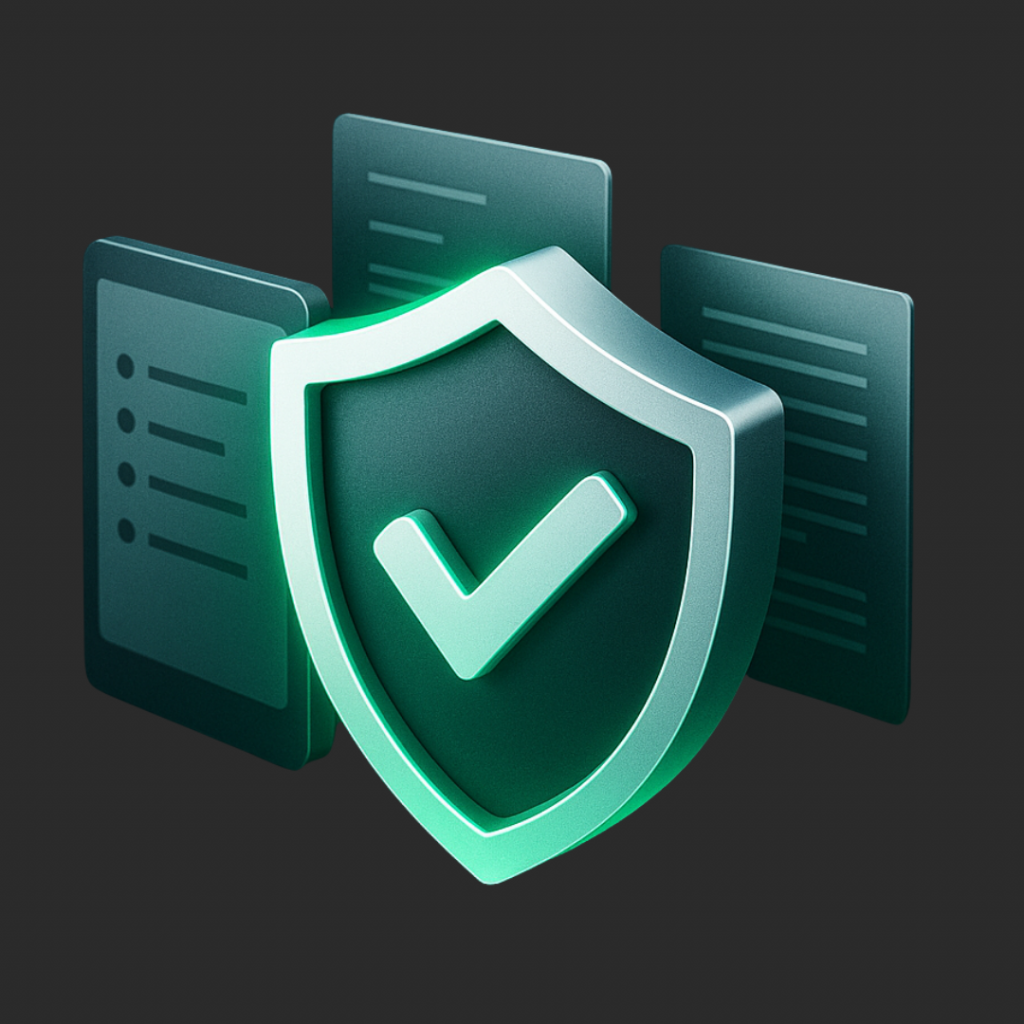
Privacy Impact Assessment.
Understand your data risks. Strengthen your compliance. Build trust.
If your organisation collects or handles personal data, and let’s face it, most do, you’re expected to protect that information. The Philippines’ Data Privacy Act (RA 10173) makes it clear: data protection isn’t optional, and non-compliance isn’t cheap.
But knowing where to start isn’t always easy.
That’s where Secon comes in. Our Privacy Impact Assessment Philippines service gives you a clear, confident first step toward compliance and more importantly, toward better data practices that actually work.

Secon’s Complimentary Privacy Impact Assessment.
We’re not here to tick a box. We’re here to help you move forward.
Secon is a trusted cybersecurity and privacy partner across the Philippines.
We offer a limited number of privacy impact assessments each quarter to ensure deep focus for every client. To have your organisation’s privacy impact assessment, please fill out the form below.
What is a Privacy Impact Assessment?
A Privacy Impact Assessment, or PIA, is a structured review of how personal data flows through your organisation. It’s designed to:
- Identify risks early
- Map how data is collected, stored, shared, and disposed
- Evaluate whether your existing controls are strong enough
- Provide clear, actionable steps to fix any gaps
This isn’t just a best practice. It’s a core requirement under the NPC’s Five Pillars of Compliance and a powerful tool to build trust with customers, staff, and regulators.
Why you need a Privacy Impact Assessment in the Philippines?
Organisations across the Philippines are handling more data than ever, across different departments, systems, and third-party vendors. That introduces risk.
A privacy impact assessment helps you get ahead of those risks and stay on the right side of the National Privacy Commission (NPC).
You’ll benefit if:
- You want to meet NPC expectations with confidence and clarity
- You’re launching a new system, app, or customer-facing platform
- You collect sensitive or large volumes of personal data
- You outsource data processing to third-party service providers
- You’re unsure where your data is stored or who has access to it
Looking to strengthen your cybersecurity strategy in the Philippines?
Dive into our in-depth blog on the 5 Pillars of Cybersecurity and discover practical steps your organisation can take to stay compliant, secure, and one step ahead.
 hello@seconcyber.com
hello@seconcyber.com